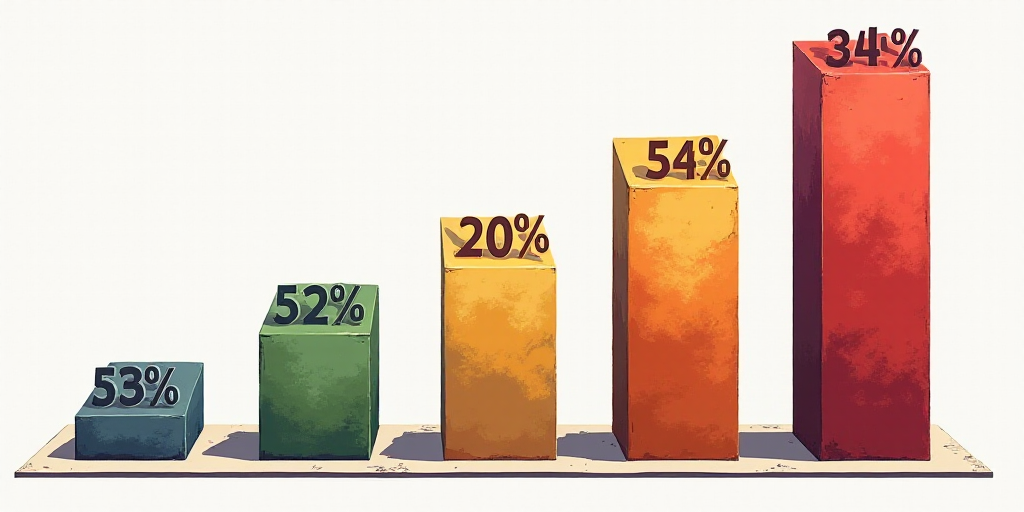Overview of the Global FDI Decline
According to the United Nations Conference on Trade and Development (UNCTAD), global Foreign Direct Investment (FDI) experienced an 11% decline in 2024 compared to the previous year. The total FDI level reached $1,531,000 million.
Two-Year Downward Trend
This decline marks the second consecutive year of negative results in global investment flows.
UNCTAD also reported that international investment expectations for 2025 are pessimistic.
Reasons for the Global FDI Decline
The primary cause of this global FDI downturn is the decrease in investments received by developed countries, particularly in Europe. In 2024, FDI in developed nations dropped significantly, with Europe experiencing a 58% decline.
Regional Variations in FDI
While most regions have seen a decline, there are notable exceptions. In Latin America, FDI increased by 12%, contrasting with North America (Canada, the United States, and Mexico), where foreign investment grew by 23%.
Key Figures and Context
- Global FDI Decline: An 11% decrease in global FDI to $1,531,000 million in 2024, according to UNCTAD.
- Two-Year Trend: The global FDI has been on a downward trajectory for two consecutive years.
- Pessimistic Outlook: UNCTAD’s projections for international investment in 2025 are negative.
- Developed Countries Impact: The decline is primarily due to reduced FDI in developed countries, especially Europe.
- Regional Variations: Latin America experienced a 12% increase in FDI, while North America saw a 23% growth.
Who is UNCTAD and Why is it Relevant?
The United Nations Conference on Trade and Development (UNCTAD) is a research-oriented policy arm of the United Nations system that deals with development issues. It conducts research, provides policy analysis, and technical cooperation for policymaking and other purposes. UNCTAD’s reports on global FDI are crucial as they offer insights into international investment trends and their implications for global economic growth.
Impact on Global Economy
FDI plays a significant role in the global economy by facilitating capital transfer, technology diffusion, and employment creation across borders. A sustained decline in FDI can lead to slower economic growth, reduced innovation, and fewer job opportunities. The current downturn may exacerbate existing global economic challenges, such as income inequality and regional disparities.
Policy Implications
Governments and international organizations must collaborate to address the factors contributing to the decline in FDI. This may involve creating more favorable investment climates, enhancing transparency, and fostering global economic stability. Policymakers should also consider regional disparities and tailor strategies to support regions experiencing FDI growth, like North America in this instance.
Key Questions and Answers
- What is FDI? Foreign Direct Investment (FDI) refers to a long-term relationship where a company or individual from one country invests in and manages a business in another country.
- Why is the decline in global FDI concerning? A sustained decrease in FDI can lead to slower economic growth, reduced innovation, and fewer job opportunities worldwide.
- Who is UNCTAD and what role do they play? The United Nations Conference on Trade and Development (UNCTAD) is a UN policy body that conducts research, offers policy analysis, and provides technical assistance on trade, development, finance, and investment issues.
- What are the regional variations in FDI? While most regions, especially developed countries like those in Europe, experienced a decline in FDI, Latin America saw a 12% increase. In contrast, North America (Canada, the United States, and Mexico) witnessed a 23% growth in FDI.






